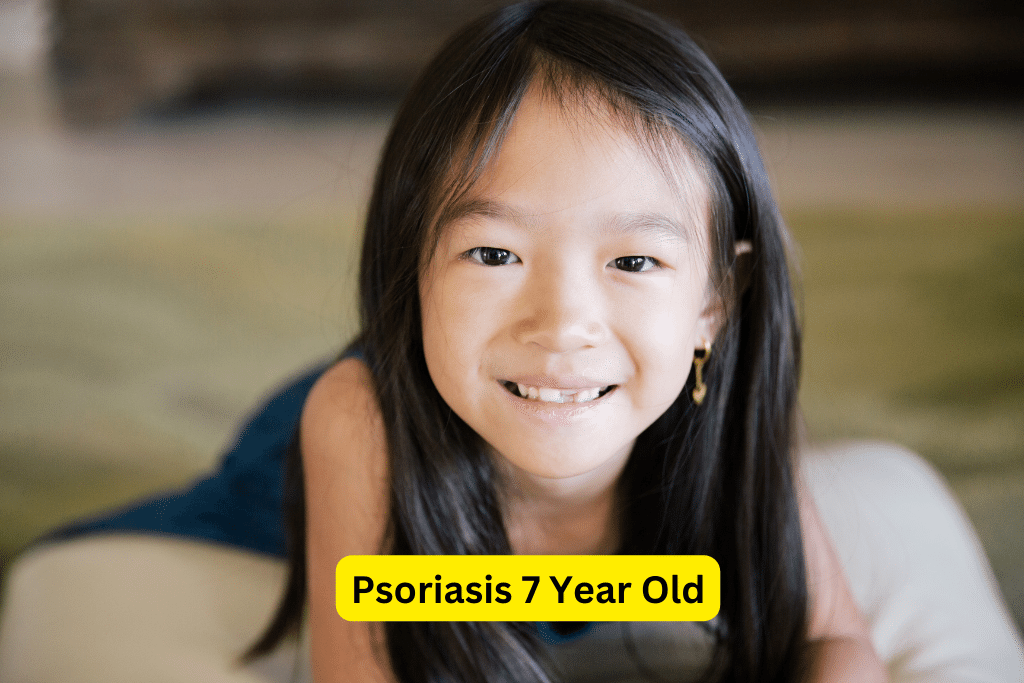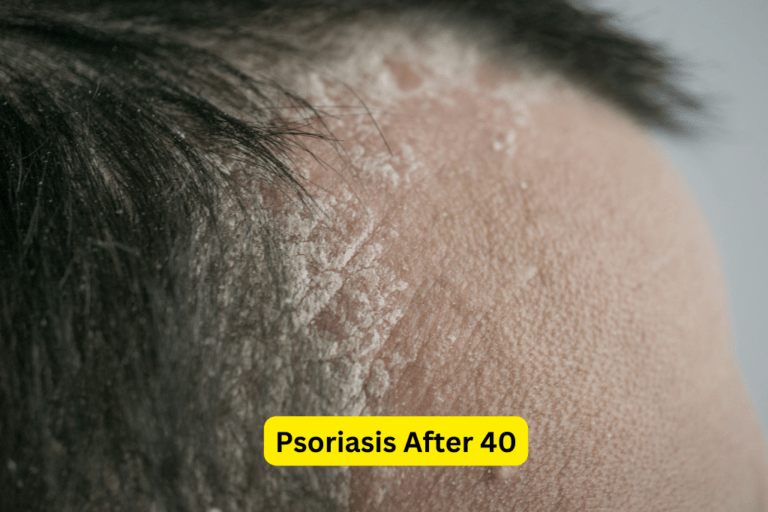Expert Solutions for Psoriasis in 7 Year Olds: Nurturing Healthy Skin
Psoriasis 7 Year Old
Psoriasis is a chronic autoimmune disease that commonly affects adults, but it can also manifest in young children. In this article, we will explore the intricacies of psoriasis in 7-year-olds and provide insights into understanding, diagnosing, and effectively managing this condition.
Psoriasis is characterized by the accelerated growth of skin cells, resulting in the formation of thick, red, scaly patches on the skin. While it may seem alarming to see this condition in young children, it is essential to address it promptly to prevent any potential long-term complications and improve the child’s overall well-being.
The purpose of this article is to equip parents, caregivers, and healthcare professionals with the knowledge and information necessary to support children with psoriasis. We will delve into the symptoms, diagnostic procedures, available treatment options, management strategies, and potential complications associated with psoriasis in 7-year-olds.
Understanding Psoriasis in 7-Year-Olds
Before we delve into the specifics of psoriasis in young children, it is essential to have a general understanding of the condition. Psoriasis is a chronic autoimmune disorder that affects the skin and joints. It is characterized by abnormal skin cell growth, leading to the formation of thick, red, scaly patches called plaques.
Psoriasis in 7-year-olds often presents with typical symptoms similar to those seen in adults. These include red patches covered with silver-white scales, itching, and skin dryness. However, it is important to note that psoriasis may present differently in children compared to adults, and certain symptoms may be more pronounced or unique to this age group.
Several factors contribute to the development of psoriasis in children, including genetic predisposition, immune system dysfunction, and environmental triggers such as infections, stress, and trauma. By understanding these underlying factors, we can better tailor treatment approaches and management strategies for children with psoriasis.
Diagnosis and Evaluation of Psoriasis in 7-Year-Olds
When it comes to diagnosing psoriasis in children, a thorough medical history and physical examination play crucial roles. Gathering information about the child’s symptoms, any family history of psoriasis, and potential triggers can aid in accurately diagnosing and evaluating the condition.
In some cases, diagnostic tests and procedures may be necessary to confirm the diagnosis or rule out other skin conditions. These may include skin biopsies, blood tests, and dermatological imaging. However, it is important to approach these procedures cautiously, as they may cause anxiety or discomfort for the child.
Assessing the severity and impact of psoriasis on a child’s life requires close observation and communication. Healthcare professionals may use scoring systems to evaluate the extent and severity of the disease and its impact on the child’s physical and emotional well-being.
Treatment Options for Psoriasis in 7-Year-Olds
Topical treatments are the mainstay of psoriasis management in young children. These medications are applied directly to the affected areas of the skin and can help reduce inflammation, slow down skin cell growth, and alleviate symptoms.
Corticosteroids are commonly prescribed topical treatments. These medications reduce inflammation and help control itching and redness. However, long-term use should be avoided due to potential side effects such as skin thinning.
Calcineurin inhibitors may also be recommended as a topical treatment option. These medications suppress immune system activity and can help alleviate psoriasis symptoms. It is important to adhere to the recommended dosage and treatment duration to minimize side effects.
In addition to traditional topical treatments, there are other alternative topical options available, such as moisturizers, coal tar preparations, and salicylic acid products, which can help soften and remove scales and maintain skin hydration.
In some cases, phototherapy may be considered as a treatment option for kids with psoriasis. Phototherapy involves exposing the skin to certain types of ultraviolet light, which can help reduce inflammation and slow down skin cell growth. However, caution should be exercised to minimize potential risks associated with prolonged sun exposure or artificial light sources.
If topical treatments are not sufficient to manage psoriasis in severe cases where the disease significantly impacts the child’s quality of life, systemic medications and biologic therapies may be considered. These medications help modulate the immune system and control inflammation. However, their use in children requires careful evaluation of the potential risks and benefits, and close monitoring by healthcare professionals.
While there are several complementary and alternative treatments available for psoriasis, it is crucial to seek professional advice before considering any natural remedies or alternative therapies. A healthcare professional can assess the safety, efficacy, and potential interactions of these treatments to ensure they are suitable for children.
Managing Psoriasis in 7-Year-Olds
To effectively manage psoriasis in 7-year-olds, it is essential to develop a consistent skincare routine. Choosing gentle, fragrance-free products specifically formulated for children with sensitive skin is crucial to avoid irritation. Regular moisturizing and application of prescribed medications can help alleviate symptoms and maintain skin health.
Identifying and avoiding triggers that exacerbate psoriasis flare-ups is another important aspect of management. Potential triggers can include stress, certain medications, infections, and environmental factors such as cold weather or dry air. By maintaining a diary and closely monitoring the child’s condition, parents and caregivers can identify and mitigate these triggers.
Stress management techniques and promoting emotional well-being play a significant role in managing psoriasis in children. Teaching children effective coping mechanisms, offering emotional support, and helping them understand their condition can make a meaningful difference in their overall quality of life.
There are numerous resources available for psoriasis education and support, including online forums, support groups, and educational materials tailored to children and their families. Healthcare professionals play a crucial role in providing guidance and support to families, helping them navigate the complexities of managing psoriasis in children.
Potential Complications and Long-Term Outlook
While psoriasis is primarily a skin condition, it can have potential complications, especially in severe cases or when left untreated. In children, psoriasis may potentially lead to joint and musculoskeletal problems if inflammation extends to the joints. Close monitoring of symptoms, early intervention, and appropriate treatment can help prevent or minimize these complications.
Furthermore, the psychosocial impact of psoriasis cannot be overlooked. Children with psoriasis may experience psychological and emotional challenges, including low self-esteem, depression, and anxiety. Adequate support, education, and counseling can aid in addressing these challenges and improving the child’s overall well-being.
While psoriasis is a chronic condition, many children experience remission during adulthood, with symptoms improving or disappearing entirely. With appropriate treatment and management, the long-term outlook for children with psoriasis is generally favorable.
Conclusion
In conclusion, managing psoriasis in 7-year-olds requires a comprehensive approach that encompasses understanding the condition, accurate diagnosis, appropriate treatment choices, and effective management strategies. By fostering a supportive environment, educating children and their families, and seeking professional medical advice, we can effectively nurture healthy skin and enhance the quality of life for these young individuals.
If your child is displaying symptoms of psoriasis or has been diagnosed with the condition, it is crucial to consult with a healthcare professional to create an individualized treatment plan that meets the child’s specific needs.
"Have You Seen Mike Walden's new holistic acne System yet? It's called "Acne No More" I've read the whole thing (all 223 pages) and there's some great information in there about how to naturally and permanently eliminate your acne without drugs, creams or any kind of gimmicks. I highly recommend it - it's very honest and straightforward without all the hype and b.s. you see all over the net these days. Here's the website where you can get more information:
Click Here -->AcneNoMore









